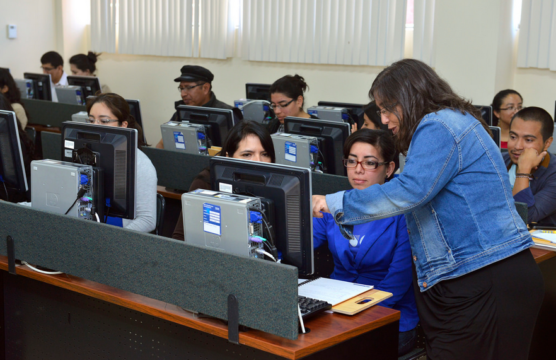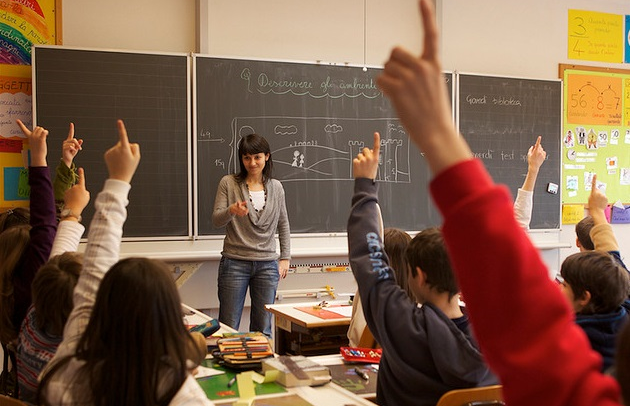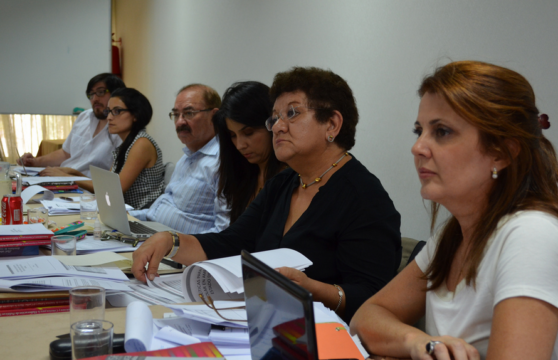
ICTs & Teacher Training
Preparing students for the 21st century requires the use of ICTs and technology in schools
While there is much agreement that high-quality teaching is crucial to high-quality education, there is much less agreement on how to produce high-quality teachers.
I. High-quality teaching is crucial to high-quality education
The argument in favor of a high-quality teaching force is strong, and based on global research. High-quality teachers significantly increase student learning, while low-quality teachers do not. The differences are large, and have a major impact on the social and economic performance and well-being of students.
Prior to the emergence of this important body of research, most school systems had only one way of assessing teacher quality: years of education. The traditional approach worldwide has been to require that teachers receive several years of specialized education—leading to a teaching certificate— prior to entering the profession. The assumption behind this approach is that teachers require some combination of theory, specialized knowledge, and practical skills to be effective. This approach rejects the idea that talented candidates can pick up the specific skills they need on the job, and adopts instead a train-and-certify model.
Under this model, the most common strategy worldwide for raising teacher quality has been to modify the kind, and increase the amount, of education required to earn a teaching certificate. Countries throughout the world have, over the past several decades, transferred teacher education from specialized secondary institutions (typically normal schools) to post-secondary institutions, such as teacher training colleges or universities, and required additional years of education.
Preparing students for the 21st century requires the use of ICTs and technology in schools
Principals play a key role in student achievement, teacher engagement, and the overall success of schools
How impact evaluation systems might help improve teacher policy in Latin America.
 MBEO / CC BY-NC-ND 2.0
MBEO / CC BY-NC-ND 2.0

